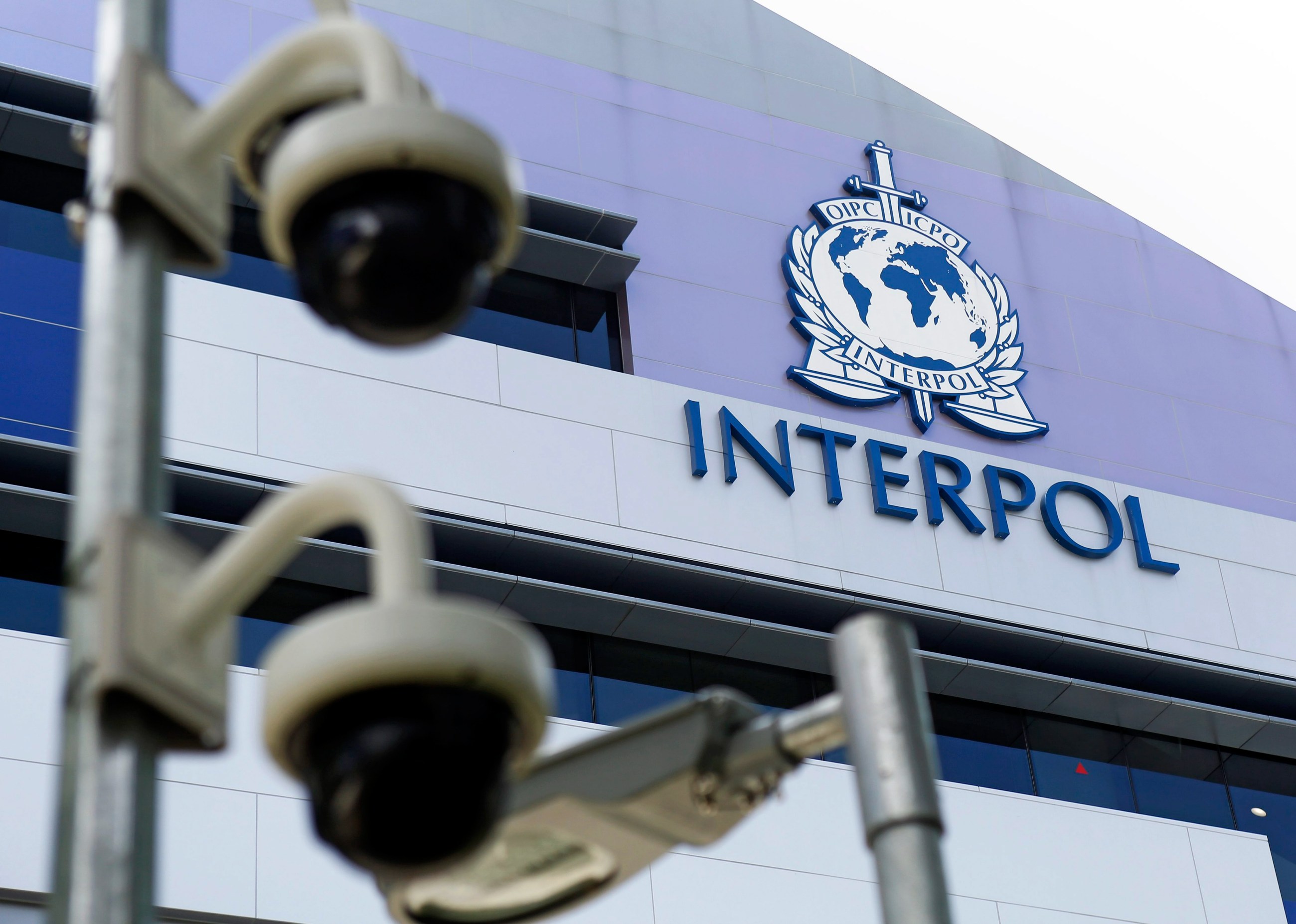The European Union, together with 24 countries, issued a dramatic appeal on Tuesday on the humanitarian crisis in Gaza. The paper stresses that " Immediate action is needed to halt and reverse the effects of hunger; humanitarian action must be protected and aid should never be politicised".
Signatories warned against an even greater deterioration in the humanitarian situation. According to the appeal, key global NGOs could shortly be forced to leave the occupied Palestinian territories due to the restrictive laws imposed by Israel to registry specified entities.
International coalition in action
The appeal was signed by Australia, Belgium, Canada, Cyprus, Denmark, Estonia, Finland, France, Greece, Iceland, Ireland, Japan, Lithuania, Luxembourg, Malta, the Netherlands, Norway, Portugal, Slovakia, Slovenia, Spain, Sweden, Switzerland and the United Kingdom. The signatories were besides joined by the head of EU diplomacy Kaja Kallas and 2 EU Commissioners Dubravka Shuica and Hadja Lahbib.
The letter's authors called on Israel to take immediate and concrete action to facilitate global organisations' safe large-scale access to Palestinian territories. In fresh weeks, global criticism of Israel has been expanding due to the tragic situation of civilians in Gaza.
Context of conflict and dispute over causes
Israel has been at war with Hamas in the Gaza Strip for nearly 2 years, after this group invaded the judaic state. Gaza is ruined, with a humanitarian crisis, including hunger.
According to aid organisations, the situation is deteriorating and the supply of aid is inactive insufficient. Israel denies his actions to contribute to hunger, and accuses Hamas of stealing aid, and the UN of failing to cope with the distribution of food already passed by the border. In fresh weeks, Israel has besides announced further steps to increase aid supplies.
New restrictions for organisations
In early March, Israeli authorities tightened the rules on registration of NGOs helping Palestinians. fresh regulations require them to supply more detailed data on employees.
Organisations received six months to submit fresh applications for registration, any of which did not. In case of non-compliance, they may not be authorised to operate, which may further reduce humanitarian aid.
Sources used: "PAP" Note: This article has been edited with the aid of Artificial Intelligence.








![Nowa ustawa o opiece ma mylący tytuł. Nie przewiduje żadnych nowych świadczeń dla opiekunów albo osób niepełnosprawnych, seniorów, osób samotnych [projekt]](https://g.infor.pl/p/_files/38661000/paragraf-38661468.jpg)

![[OGŁOSZENIE] Poszukiwani świadkowie uszkodzenia samochodu marki BYD na os. Złote Łany](https://img.bielskiedrogi.pl/2025/12/d3785ec7f437649ce7080b3e2456ded5_b4e7.jpeg)



